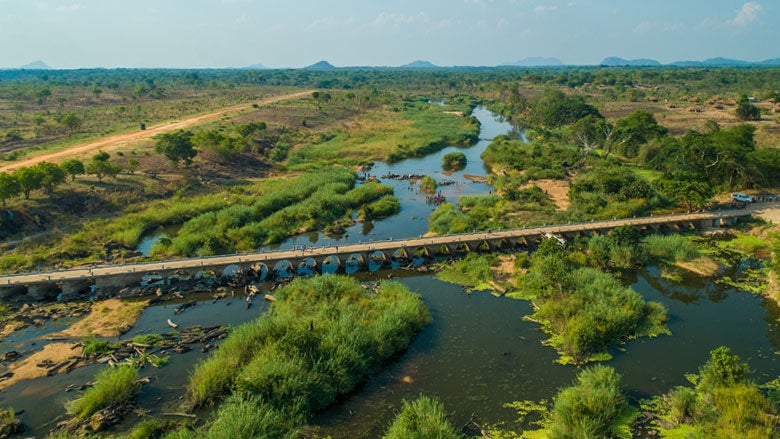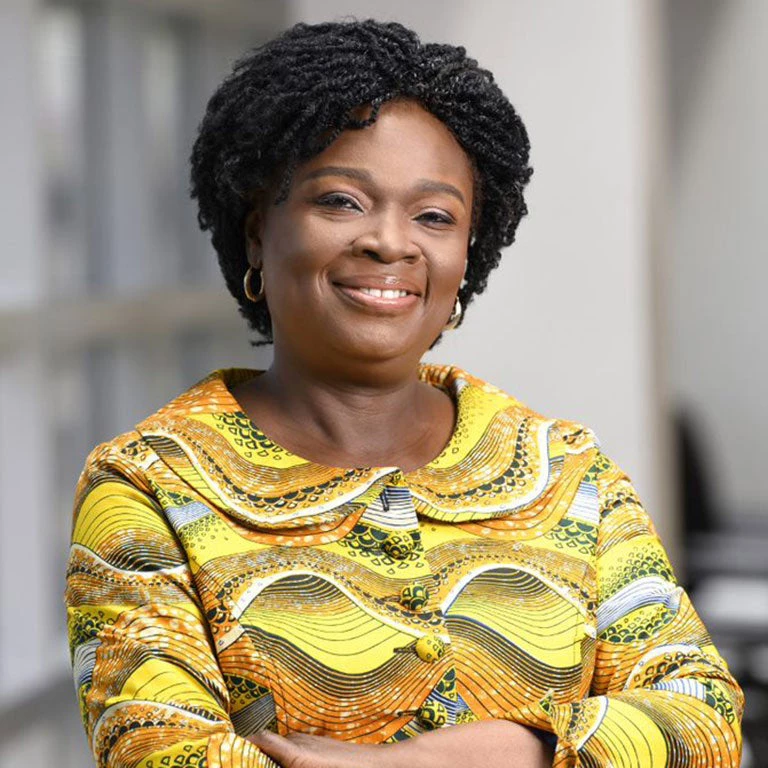 Shutterstock
Shutterstock
It is my pleasure to visit Mozambique for the first time as Regional Vice President for Eastern and Southern Africa at the World Bank. I am eager to meet and engage with a range of stakeholders, policy and change makers who all share a common vision of achieving significant development gains in Mozambique. This visit represents an excellent opportunity for me to demonstrate our strong support for Mozambique as it recovers from a recent economic slowdown exacerbated by Covid-19, as well as to encourage the authorities to proceed with reforms necessary to achieve an inclusive economic growth trajectory.
The recent floods that have affected Mozambique’s southern and central regions offer yet another reminder of the frequency and severity of these extreme weather events. We remain ready to assist the Government in responding to this and future emergencies. As part of our assistance to the country, we are working to improve its resilience to climate shocks, including by improving disaster risk management, integrating resilience into infrastructure and human development, while supporting climate-sensitive policy dialogue.
In fact, the recent World Bank Group’s 2023-27 Country Partnership Framework with Mozambique seeks to support the country's gradual transition towards a greener, resilient, and inclusive growth. Increasing Mozambique's economic resilience also requires dealing with a variety of multidimensional shocks. To this end, we are supporting operations in the conflict-affected province of Cabo-Delgado and the wider northern region to address the root causes of conflict and lay the foundation for recovery and development. By improving livelihoods, ensuring access to basic services such as education and health care, and increasing economic opportunities, we are contributing to building resilience into the country’s economy.
Due to its location and abundant natural resources, Mozambique has the potential to drive the transition to low carbon energy for both its domestic and catalyze opportunities for regional markets. Mozambique’s LNG export revenues will provide financial resources in the long term for adaptation actions required due to the country’s vulnerability to climate change, while financing critical basic services.

Mozambique needs to continue to gradually diversify beyond a heavy extraction-based growth model to develop more options that have a low-carbon impact and high climate-resilient economic trajectory. The government's adoption of a new package of reforms, known as PAE (Plano de Aceleraçao da Economia), which sets out ambitious measures to tackle short-term critical challenges undermining the private sector’s potential for economic transformation and job creation, is timely.
To provide jobs for the more than half a million people likely to enter the labor force each year, Mozambique needs to adopt a development paradigm that is based on diversified sources of growth, with greater private sector participation. At present, services firms are the largest source of job growth in the country. Furthermore, the service sector is the largest employer of women, therefore playing a critical role in promoting inclusive growth and job creation. I believe that the contribution of the service sector to the economy could be further enhanced. I will be meeting both established businesses as well as digital entrepreneurs, many of whom are led by women, to further explore options for continued collaboration.
In closing, I would like to emphasize the importance of gender equality during this month's International Women's Day. This is an opportunity to take stock of our collective progress toward that goal. The gender gap in the region continues to contribute to a low level of human capital and fragility. While Mozambique performs reasonably well in terms of women's freedom of movement, laws affecting women's employment decisions, and women's ability to start and operate a business, more effective enforcement of these legislation and other gender-sensitive laws could be achieved. The Mozambican economy could also benefit from a greater level of social and economic empowerment of women and girls, which could help to address the high rates of teen pregnancy - amongst the highest in the world resulting in girls dropping out of school at alarming rates. The importance of this issue has led us to incorporate gender into all our operations. It is my intention to meet active women-led civil society organizations and advocacy groups during my visit to establish a mutual understanding on how the World Bank and they can work together for the common good of women’s empowerment.


Join the Conversation